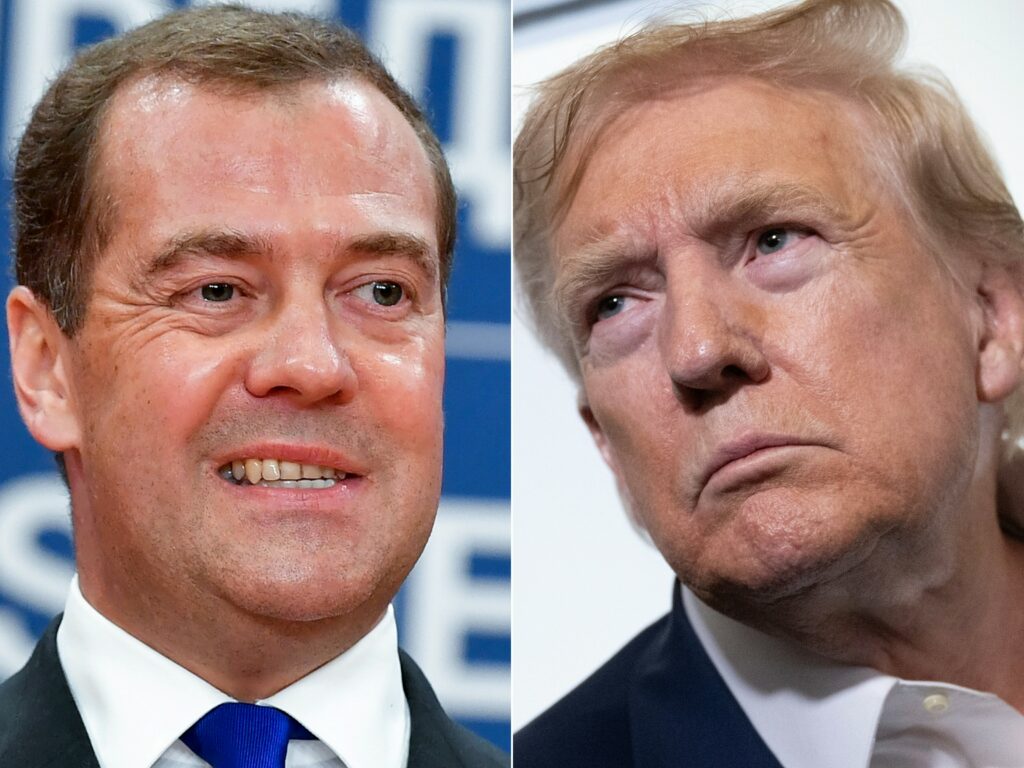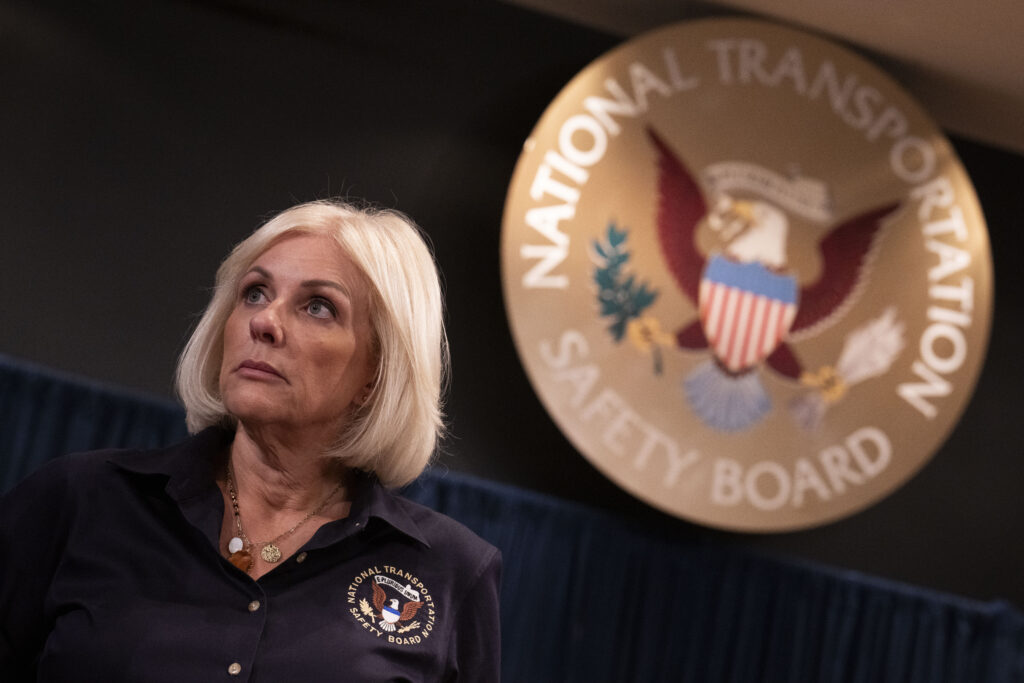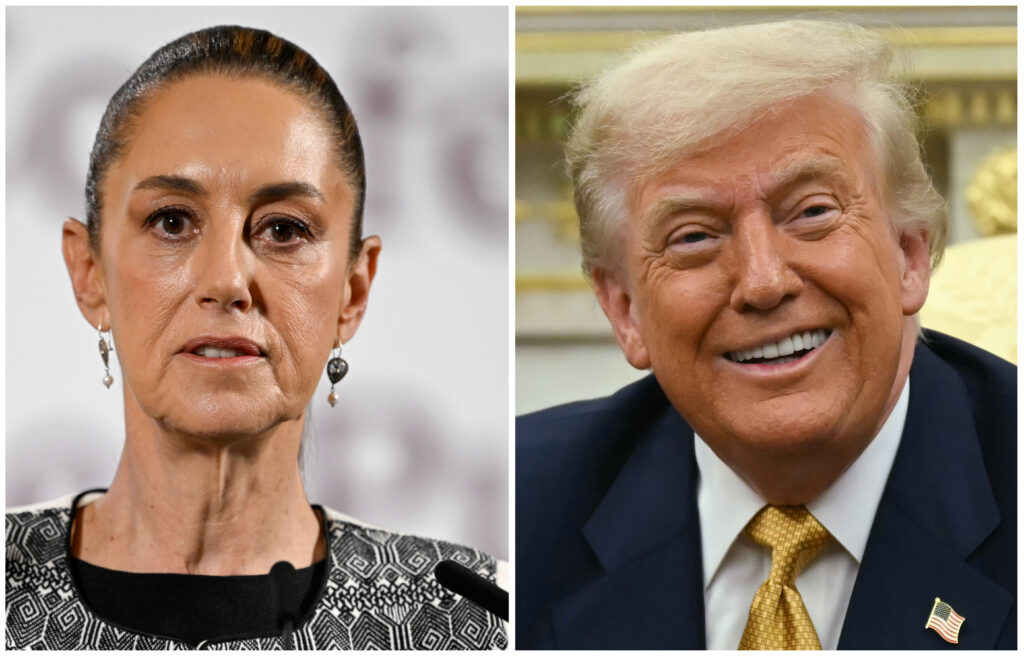Elation as pope arrives by helicopter to open-air youth vigil in Rome
Hundreds of thousands of young faithful cheered Pope Leo XIV Saturday as he arrived by helicopter for an open-air prayer vigil outside Rome, in a rock star welcome for the new head of the Catholic Church.Pilgrims began crying and cheering when the white military helicopter descended over the sprawling, dusty, open-air site in Rome’s eastern outskirts, where young pilgrims from 146 countries around the world had assembled as part of a “Jubilee of Youth”.After entering his popemobile, the first American pope smiled broadly and waved to throngs of young, screaming pilgrims lining his route — many of them running for a better vantage point — who had spent the day in the hot sun listening to music, praying and talking with fellow believers.”The pope is here!” announced an excited voice over speakerphones to thunderous applause and deafening cheers from the crowd. Among them was French pilgrim Julie Mortier, 18, whose voice was hoarse from singing and screaming for hours.”We’re too happy to be here! Seeing the pope, that’s a once-in-a-lifetime opportunity!” she croaked happily to AFP. The attendance numbers were not immediately available. Ahead of the event, the Vatican said that up to one million pilgrims were expected. Most attendees said they would camp overnight for a Sunday morning mass at the site led by the 69-year-old Leo marking the culmination of the week-long youth pilgrimage, a key event in the Catholic Church’s Jubilee holy year.Leo was to lead the vigil from a massive stage with a golden arch and towering cross dominating the vast open area — which at over 500,000 square metres was the size of around 70 football fields.”I’m so happy to be here, even if I’m a bit far from the pope. I knew what to expect!” British student Andy Hewellyn told AFP.”The main thing is that we’re all together,” he said ahead of the pope’s appearance, as other young people nearby played guitars, sang, or took a snooze in the sun.Italian broadcaster Rai dubbed the event a Catholic “Woodstock”, as nearly two dozen musical and dance groups, many of them religious, entertained the crowds earlier Saturday, who lounged among blankets, cushions and umbrellas. In a video message, Italian Prime Minister Giorgia Meloni welcomed pilgrims to the capital, which she said was “literally invaded by hundreds of thousands of young men and women” who were “praying, singing, joking amongst themselves, celebrating in an extraordinary party”.- Water and suncream -The “Jubilee of Youth”, which began Monday, comes nearly three months after the start of Leo’s papacy, and 25 years after the last such massive youth gathering in Rome under Poland’s Pope John Paul II. Early Saturday, countless groups of young people set off for the venue in Tor Vergata after filling water bottles, applying suncream and adjusting backpacks — ready to spend the next 24 hours surrounded by a crowd of people and then sleep under the stars.Victoria Perez, who carried a Spanish flag, could not contain her excitement at seeing “the pope up close”.”It’s the first time I’m going to see him, and I can’t wait,” the 21-year-old told AFP, looking forward to a “night of prayers under the stars”. French pilgrim Quentin Remaury, 26, said he had been inspired by the late pope Francis’s rousing message to youth during a 2016 visit to Krakow, Poland. “Pope Francis told us to ‘get off your couches,’ and that really gave me a boost,” he said. – Open-air confessional – Throughout the week, attendees have participated in various Church-planned events, such as confession at Circus Maximus, one of Rome’s top tourist spots.On Friday, approximately 1,000 priests were on hand, with 200 white gazebos serving as makeshift confessionals lining the hippodrome where chariot races were once held in Ancient Rome.The pilgrimage unfolds as under-30s contemplate economic uncertainty and anxiety over climate change. Samarei Semos, 29, who said she had travelled three days from her native Belize to get to Rome, said she hoped Leo would have a strong say about “third world countries”. The Vatican said the pope on Saturday met and prayed with travellers accompanying an 18-year-old Egyptian pilgrim who died Friday night. Rai News reported that the young woman died of a heart attack on a bus while returning to her lodging from an event in Rome.Amid tight security, more than 4,300 volunteers worked the event to welcome the young pilgrims, along with over 1,000 police, organisers said.







